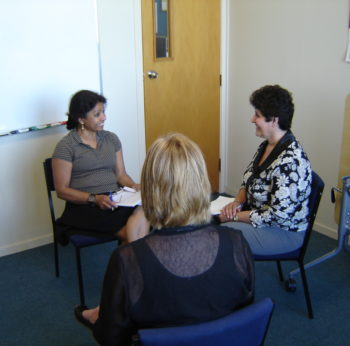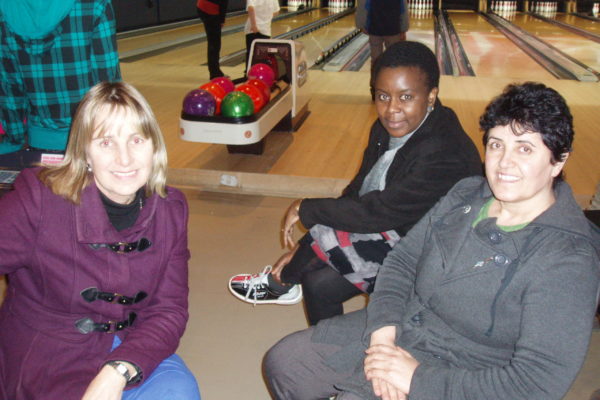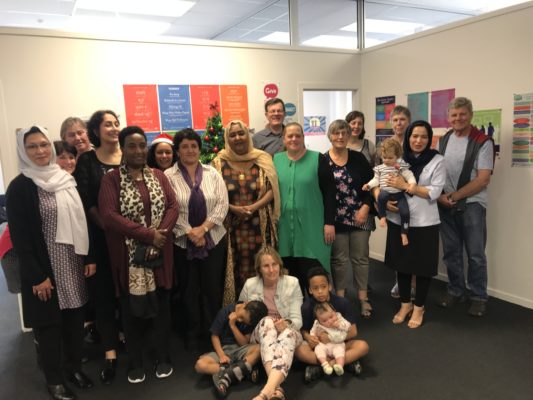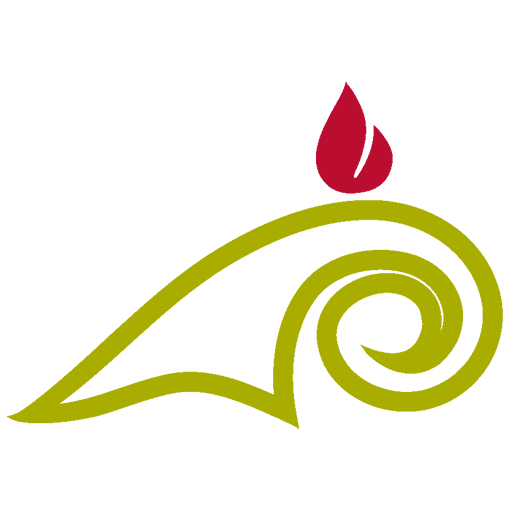Language and compassion
In her native Kurdish, ‘Galawezh’ is the name of a summer month and also the planet Venus. Galawezh Noori has been involved with CRS ever since she arrived in Christchurch in 1998 as a refugee.

Even though she finds it hard to tell her story, Galawezh Noori speaks publicly about her journey to New Zealand and her role at CRS because she thinks it is important that people hear it. She knows that for some refugee-background people, hearing others’ experiences can help them realise they are not alone. She hopes that her story will make others find their own journeys a bit easier or more manageable, remembering that when she arrived in New Zealand there was not much support around her.
I have been here so long, Christchurch feels like my home, but I miss many things about Iran: weather, food, family…
Galawezh is Kurdish, from Iran. She arrived in New Zealand in 1998 with her husband and their young sons as refugees, after three years in Iraq waiting for their applications for asylum to be processed by the UNHCR. The family spent a few weeks in Auckland at the refugee orientation programme in Māngere before moving to Christchurch, where they have lived ever since. They take a trip back to Iran every few years to visit family.

When Galawezh found out her family was to be resettled in New Zealand, it was a surprise. She had already heard a little bit about the country (for example, on TV) but knew very little about it. Previously, Kurds had tended to be resettled in Europe or America or sometimes Australia, and Galawezh and her family were among the first groups of Kurds to come to New Zealand. Coming here without the support of existing ethnic networks, added another level of challenge to their resettlement journey.
The Kurdish community in Christchurch grew with time, although a large number of people moved to Auckland after the earthquakes. Despite its small size (it comprises of just a few families), the local Kurdish community tries to keep its culture, language and customs alive, for example by encouraging children to speak the Kurdish language at home and cooking food the traditional way.
I like my work. Working with people, the people around me, makes me happy. I also try to give back to the community whatever I can, however tiny I can make a difference.
Galawezh speaks four languages: Kurdish is her native language, which she speaks at home with her family; she used Farsi in school as it is the official language of Iran; she learned Arabic at school and through the texts of the Qur’an, and used it during her time in Iraq; and learned English at school. Galawezh’s English language knowledge was limited to reading and writing when she arrived in New Zealand; she had not learned to speak it. That soon changed, however!
It was Galawezh’s multilingualism which led to her first role at CRS, as an interpreter. After a few years, Galawezh was employed into the roles she currently holds, as a Partnership Community Worker (PCW) and a Bilingual Worker (BW).
The role of PCWs is to support people to access primary health care. There are many tasks that might be involved in carrying out this support, such as helping clients to make and attend appointments, reading letters, confirming appointment times, and arranging transportation. PCWs also encourage and support clients to be independent with their health needs.
BWs work alongside social workers to enable clients to access services, particularly working to ensure that there are no linguistic and cultural barriers in this regard. BWs support their clients with whatever issue they may have and share their knowledge to facilitate understanding. This role is different to that of an interpreter, who acts as a bridge between two parties by relaying information exactly without adding to or reducing it.
Galawezh believes that CRS plays a big role in the lives of refugee-background people living in Christchurch. She believes it is a great place for people to ask for help if they need it.


